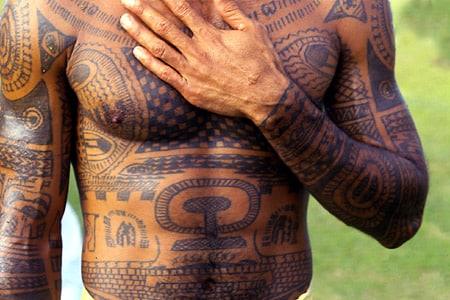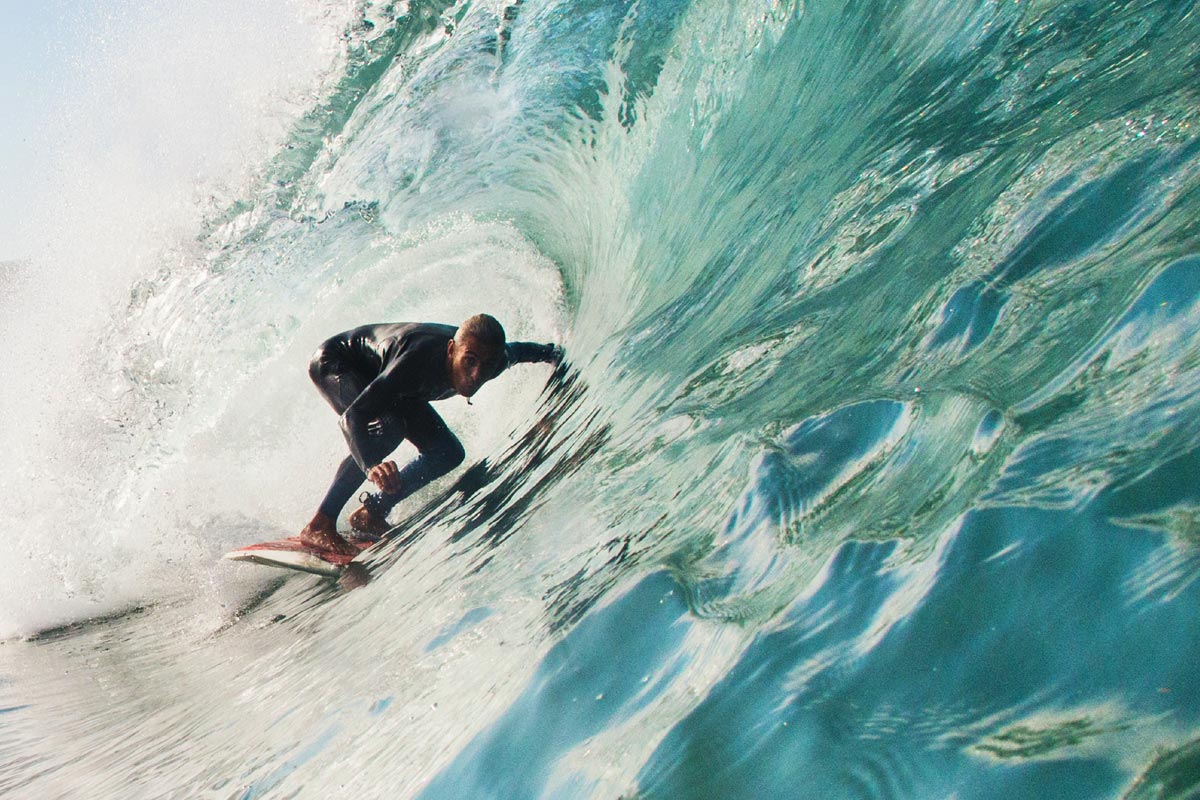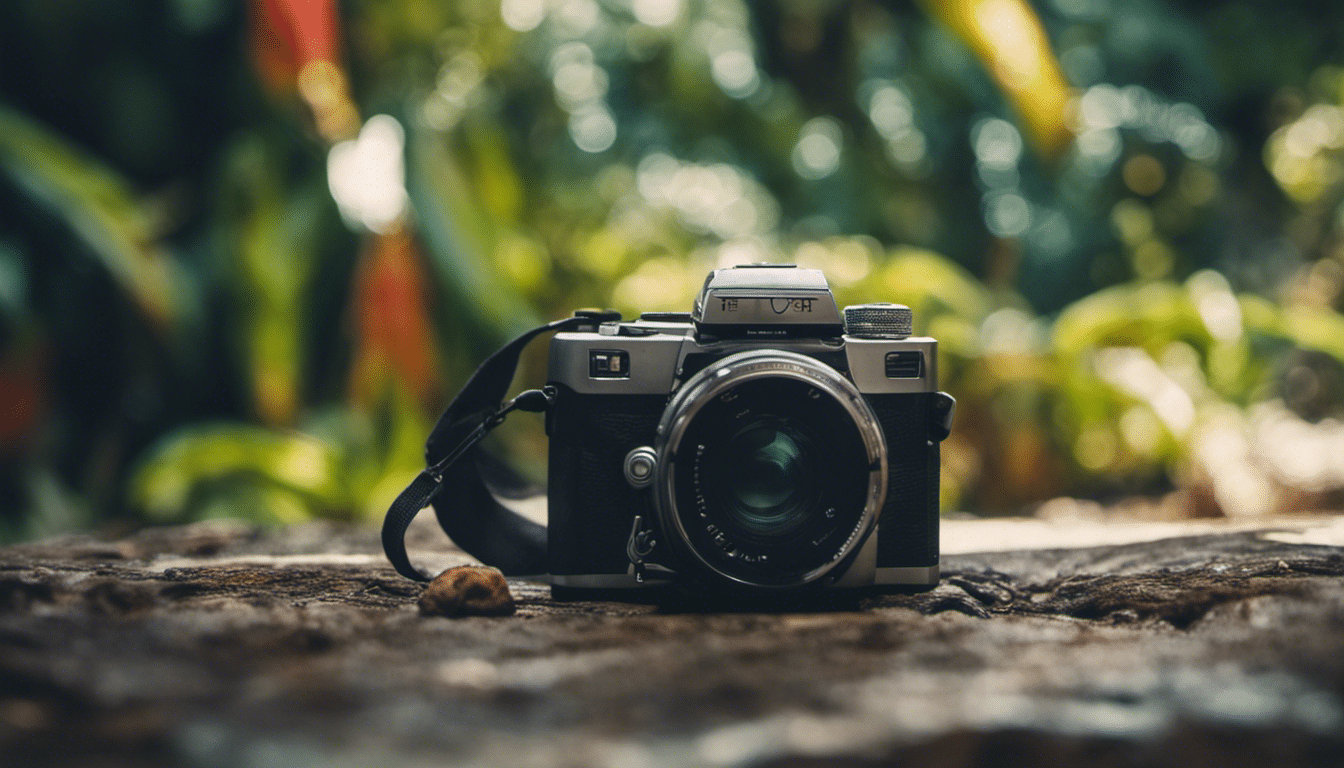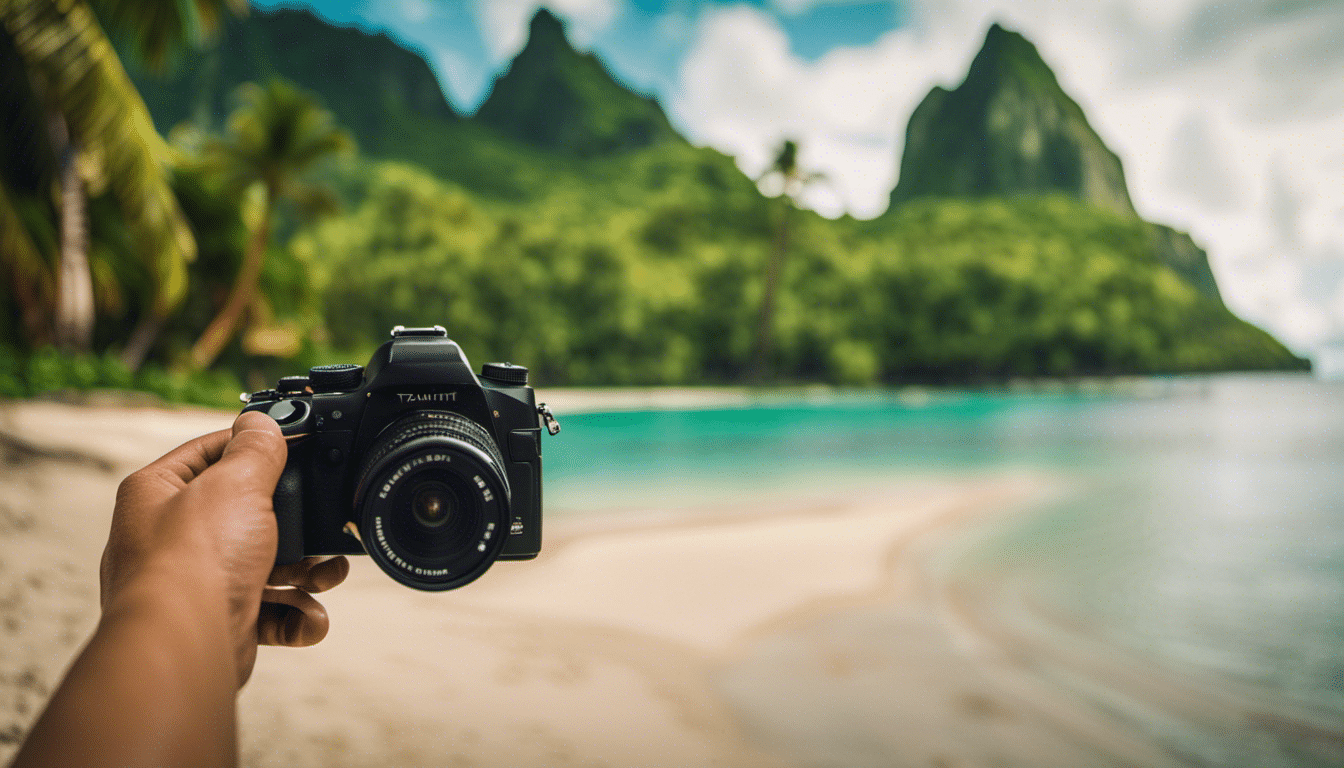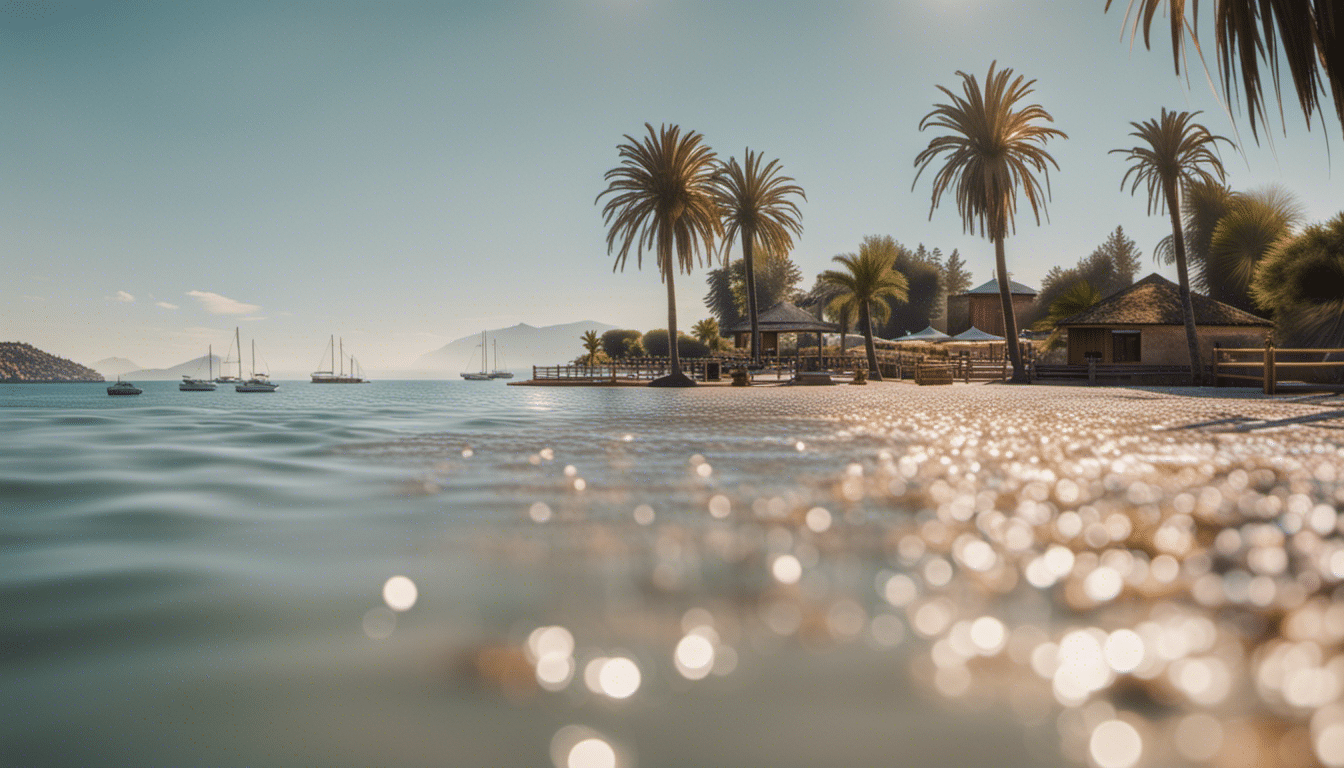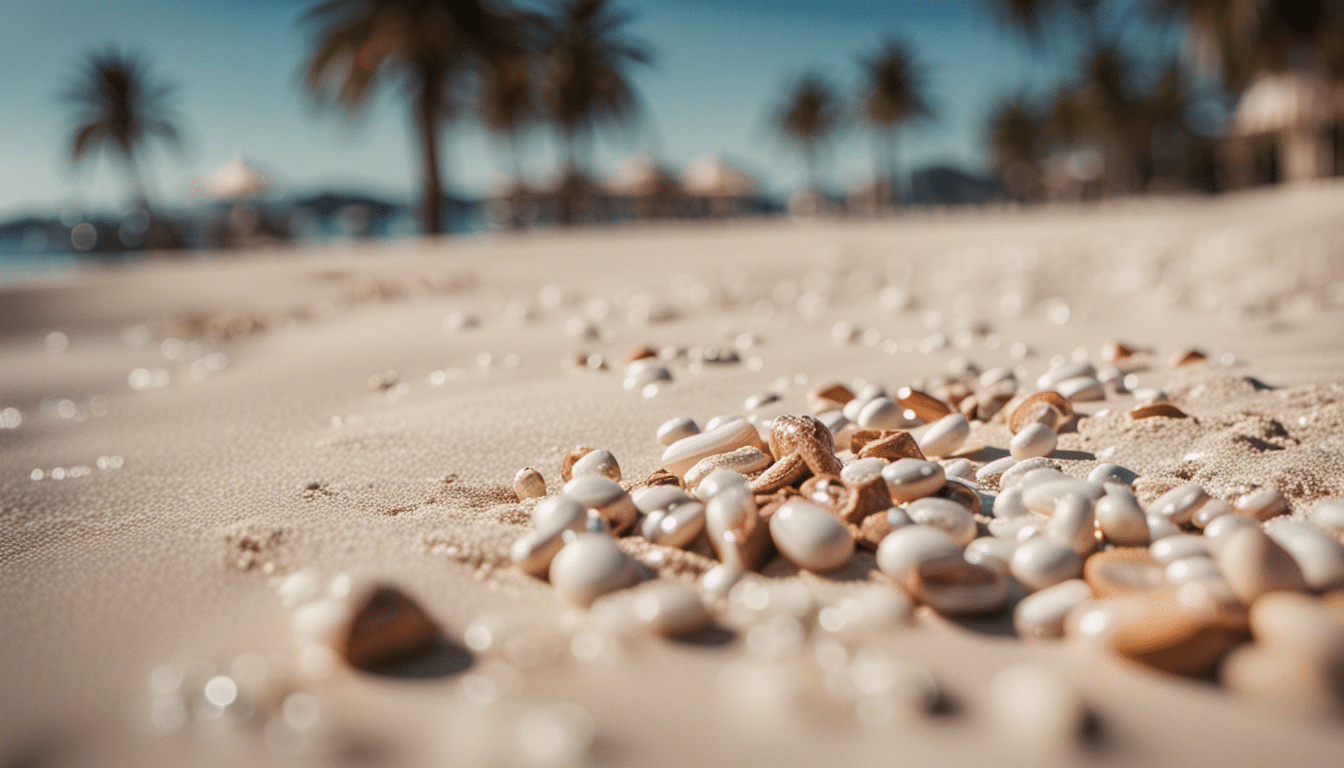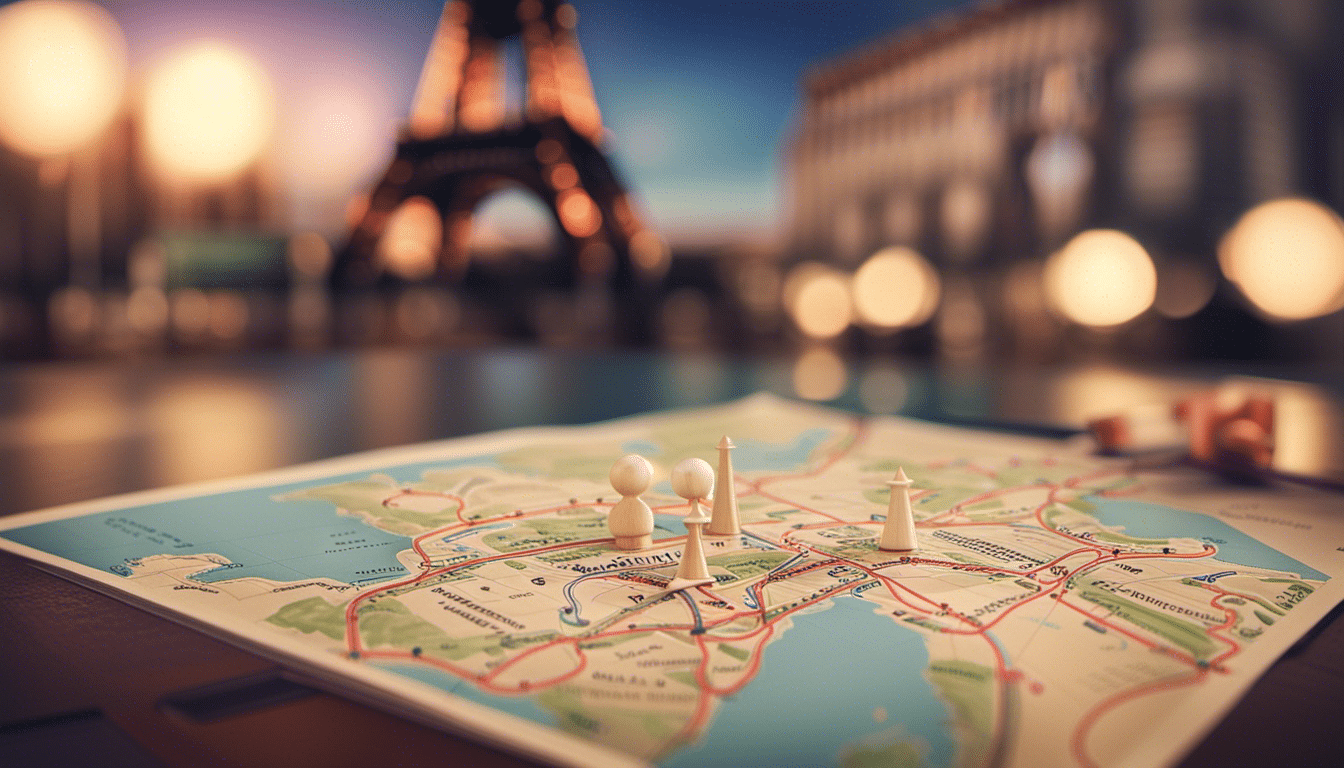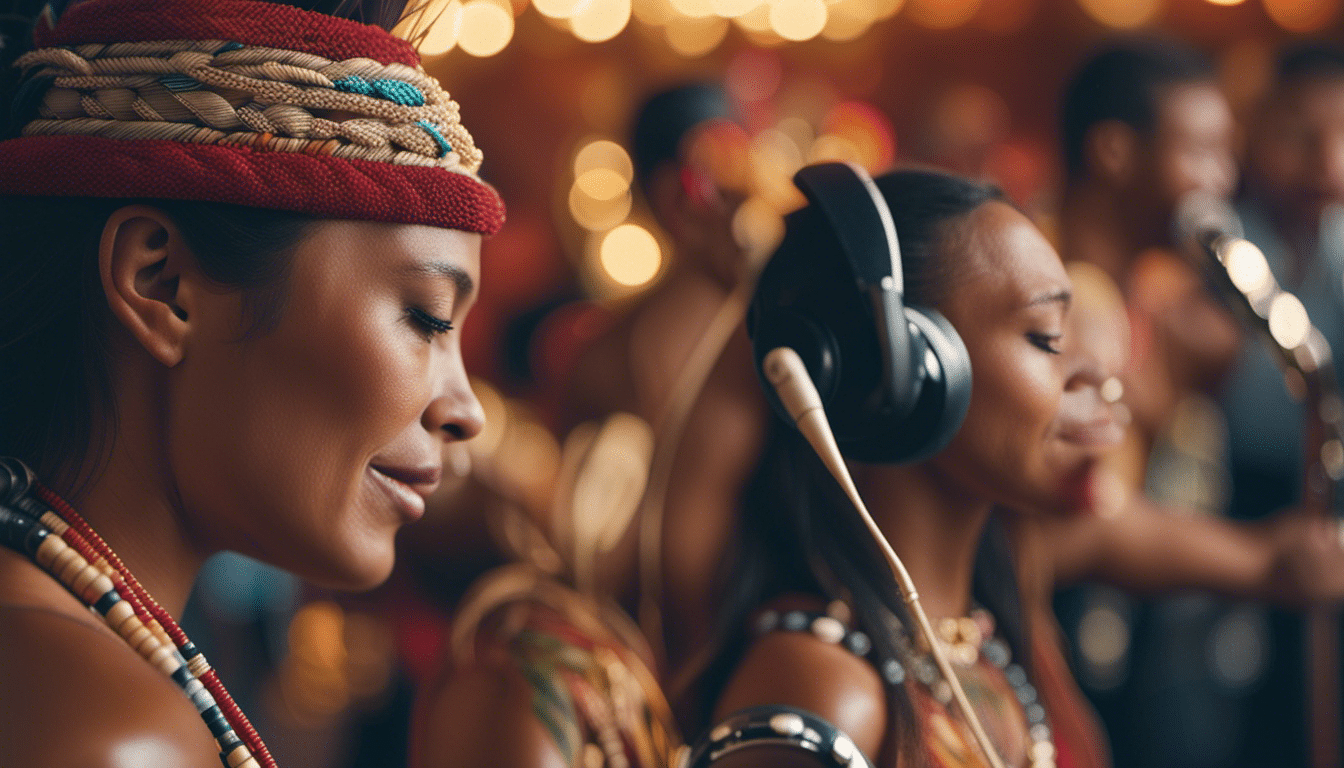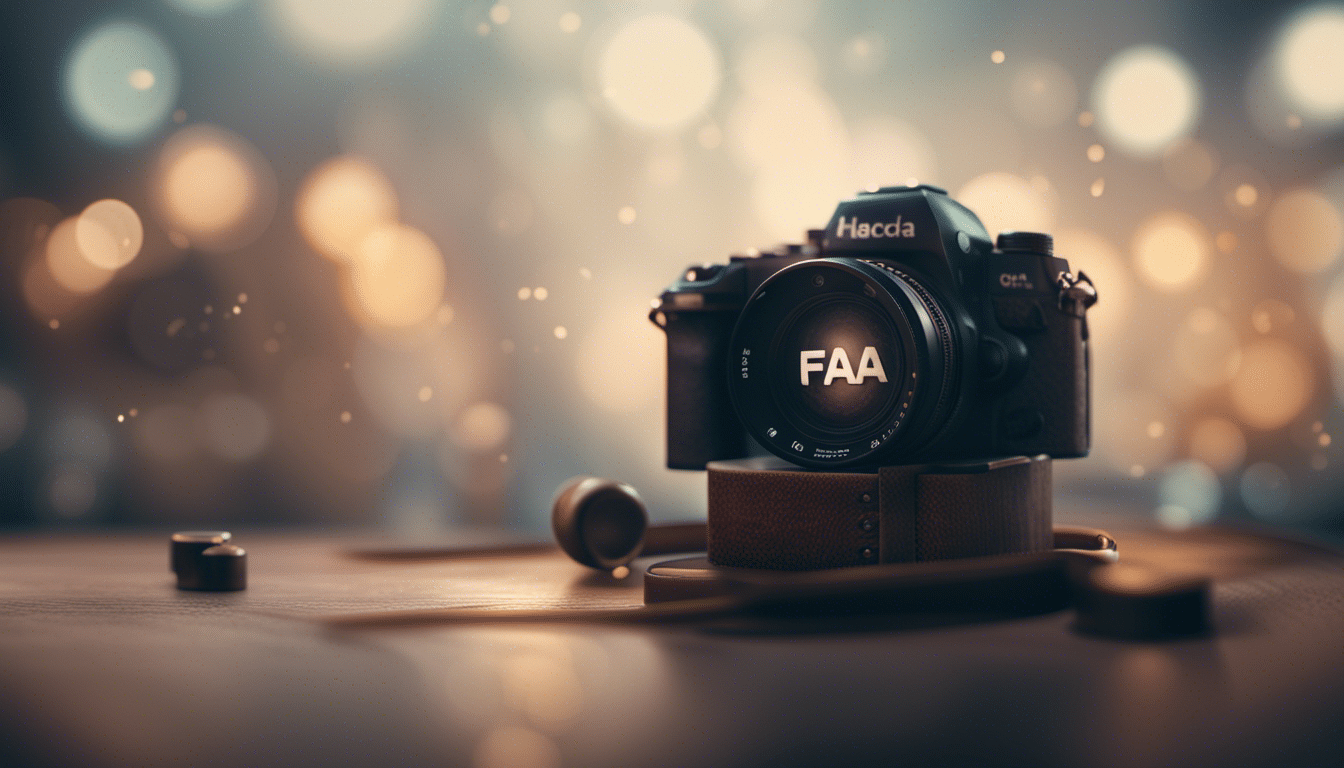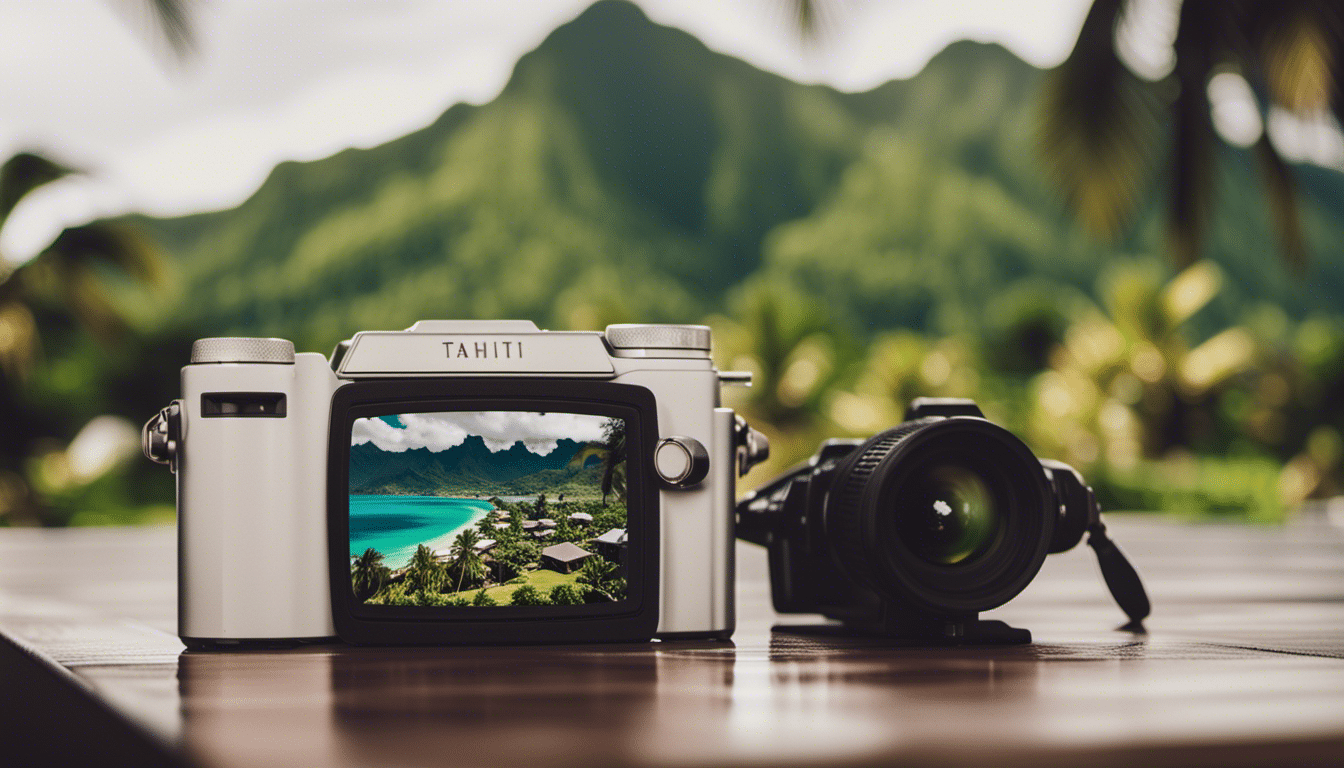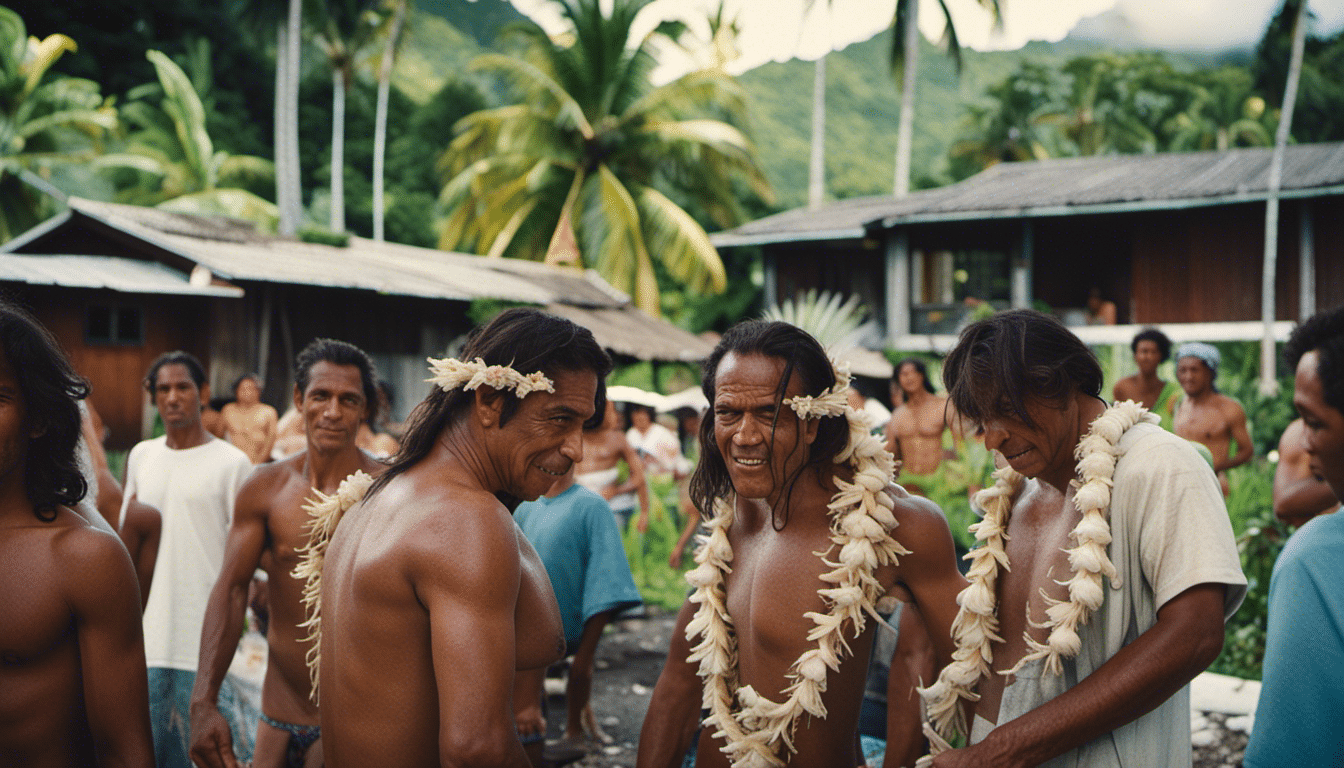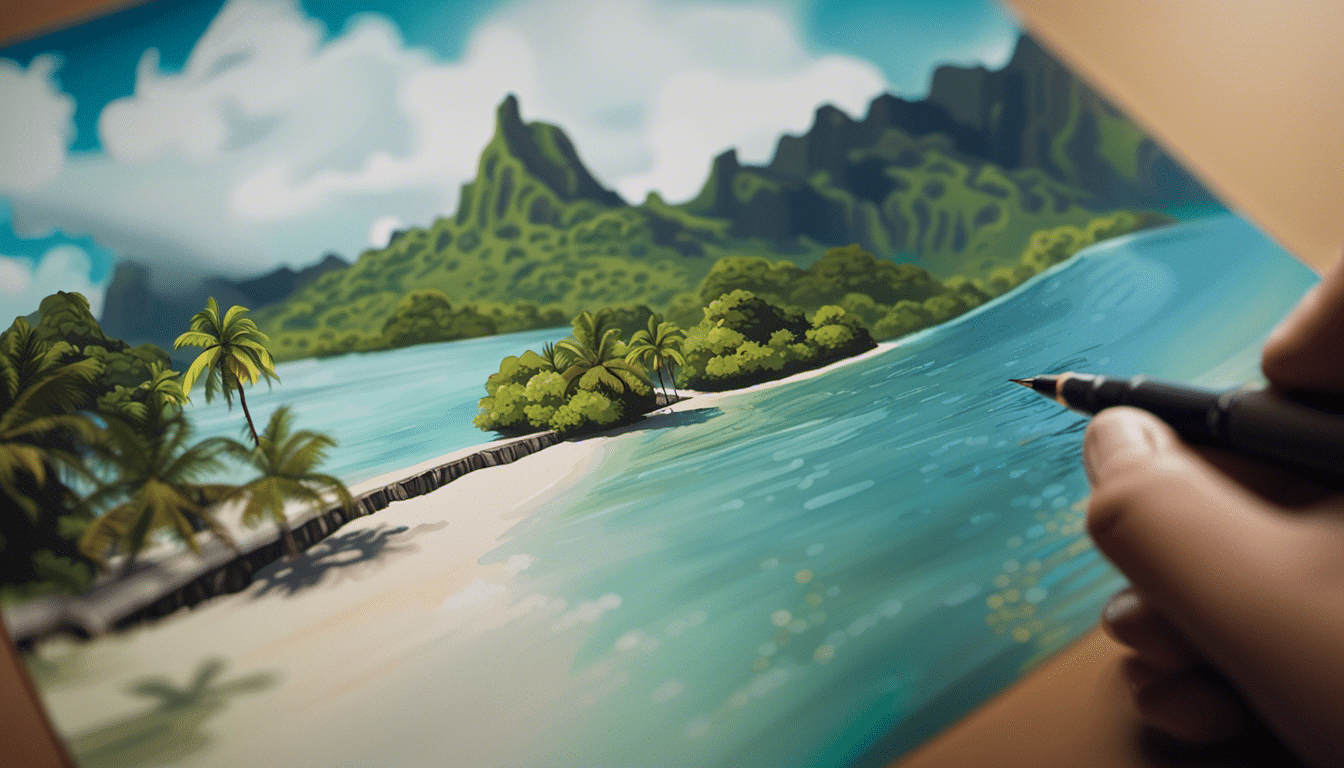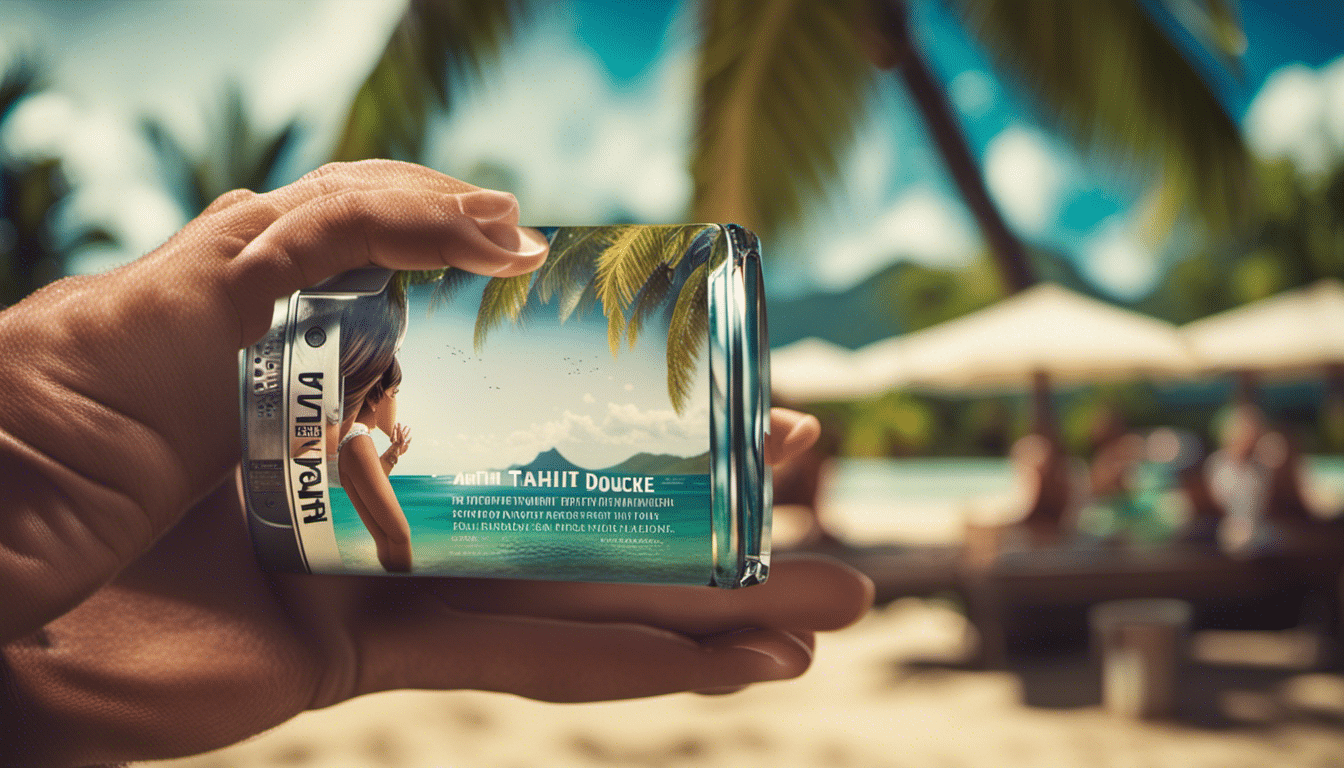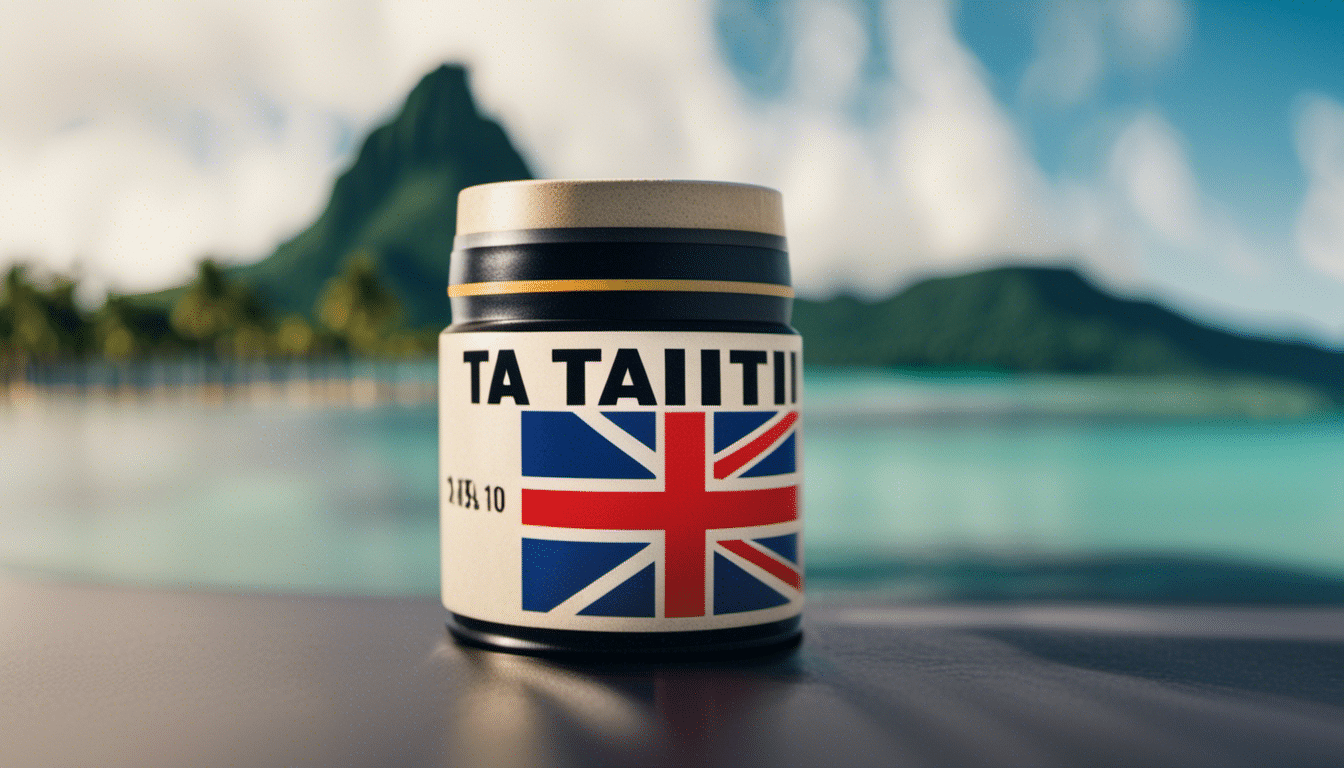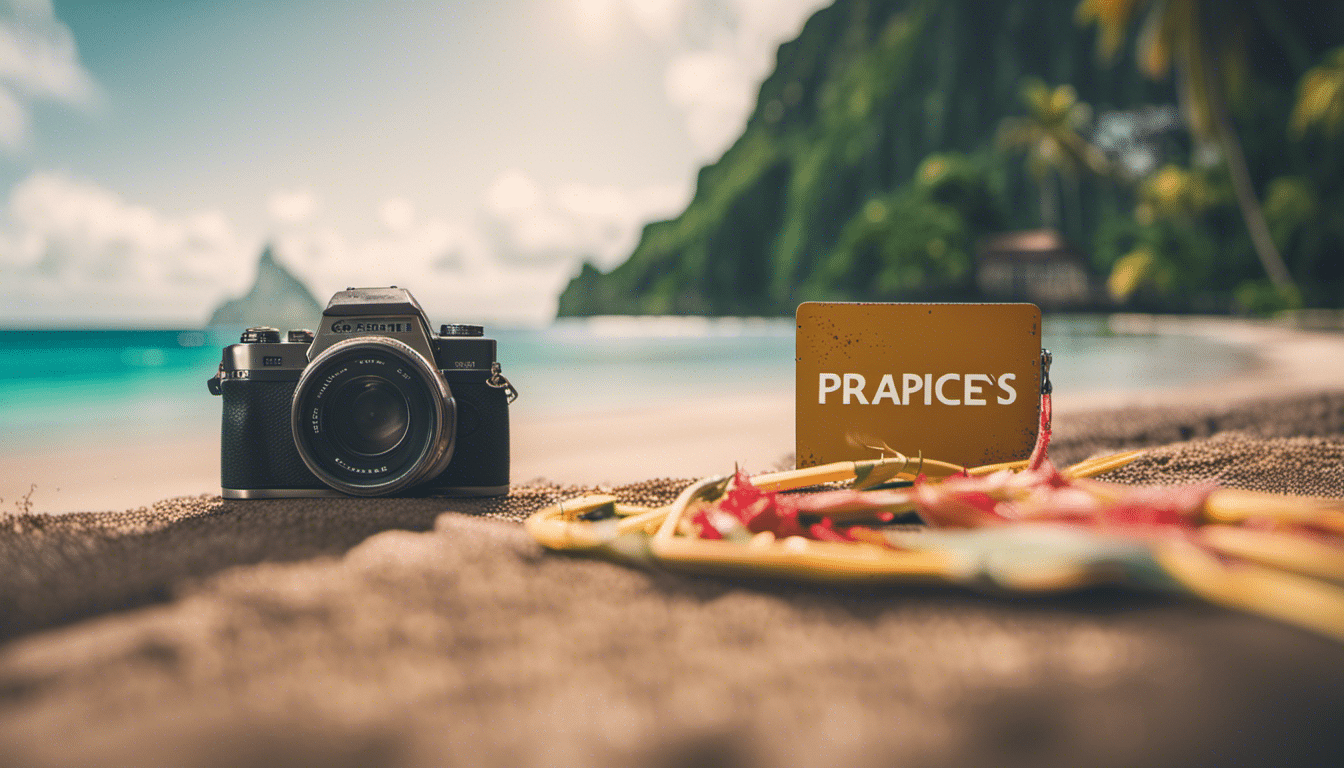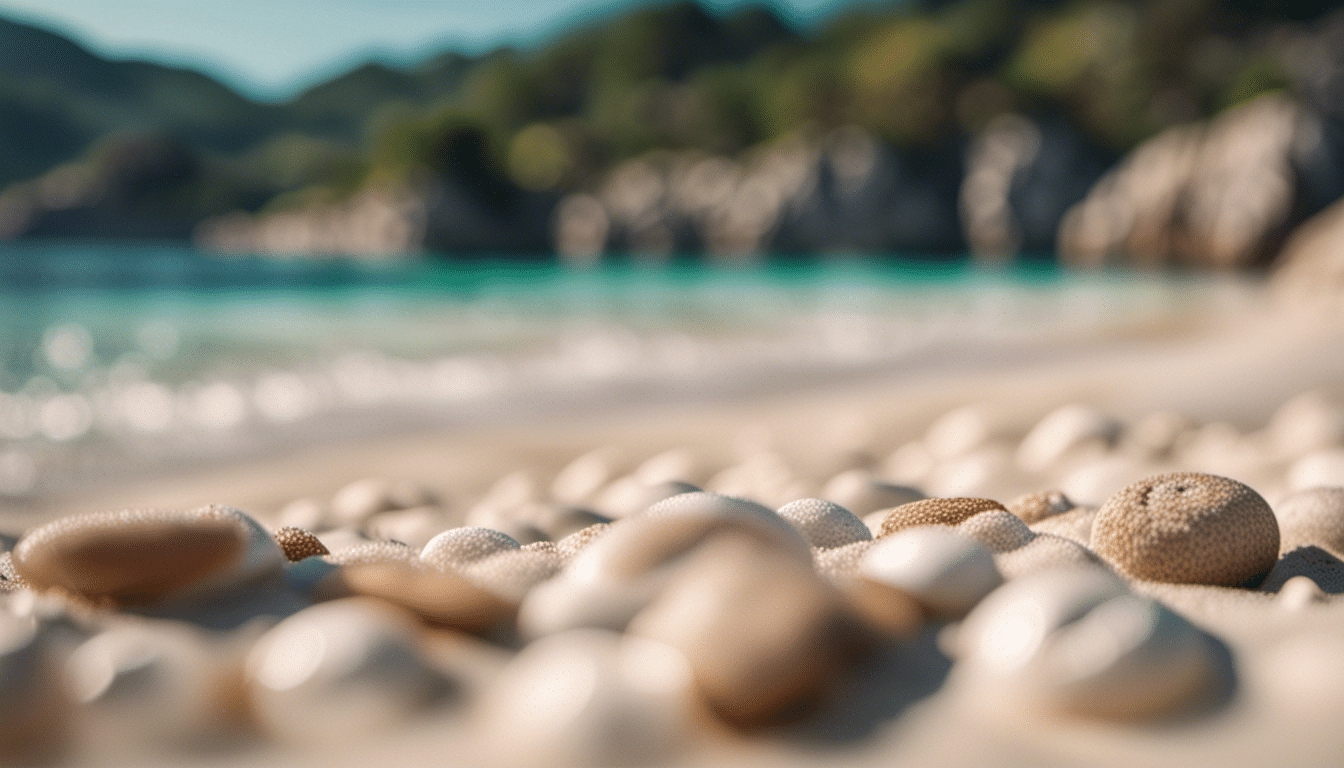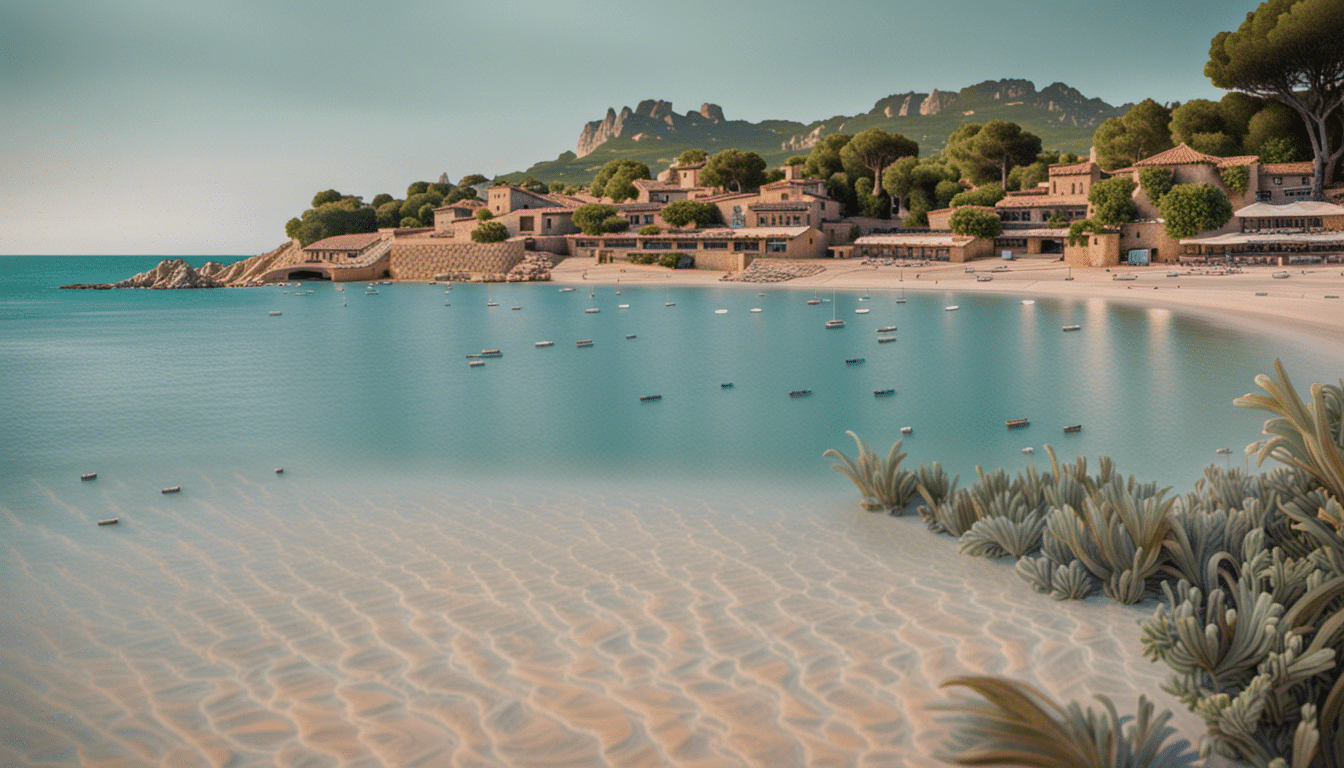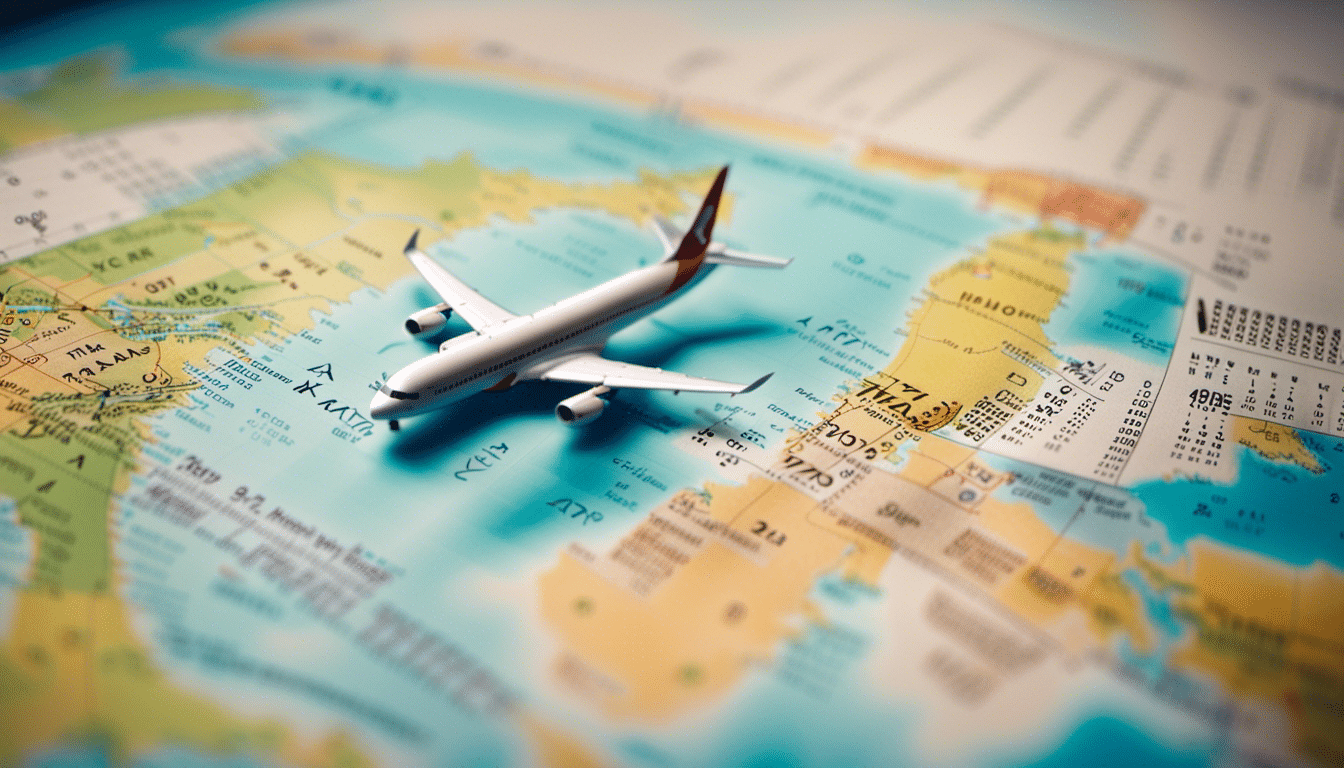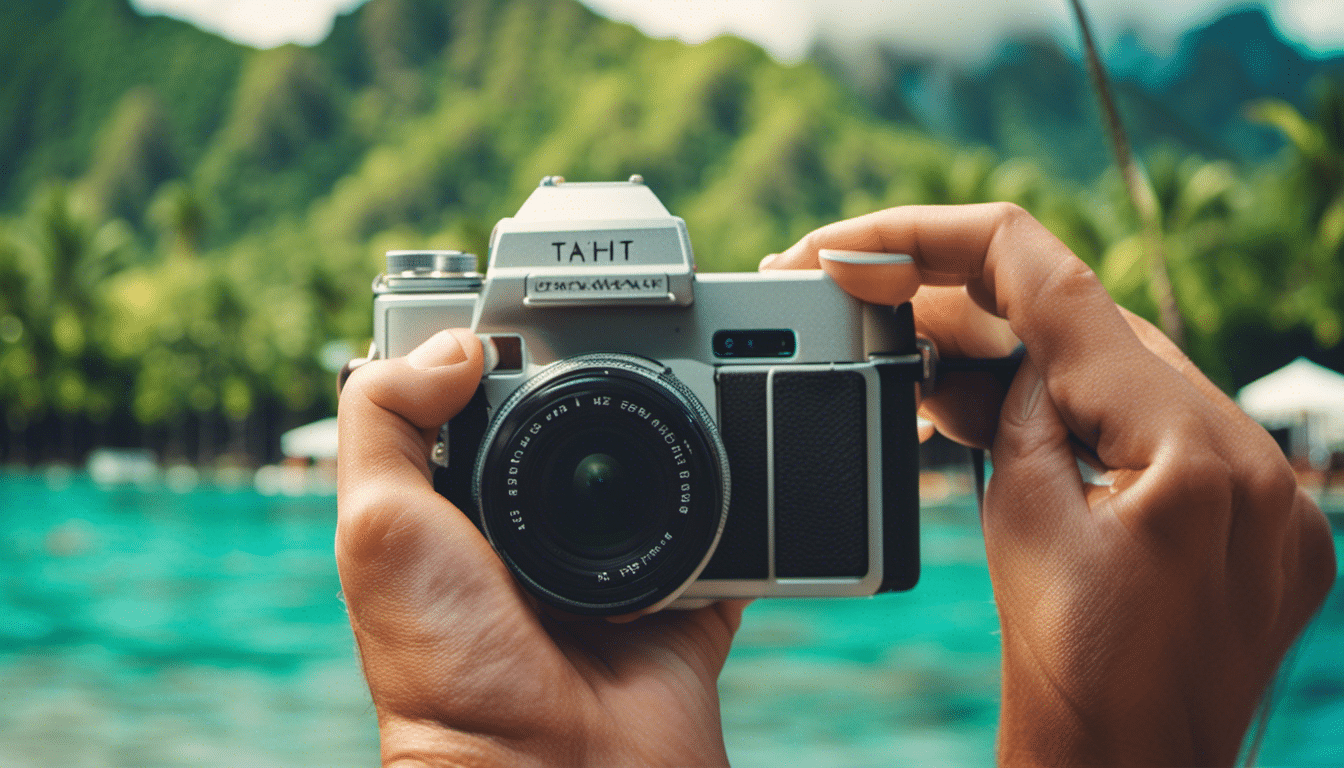The importance of tattooing in Polynesian culture
The tattoo is probably one of the most recognizable artifacts of Polynesian culture today. It is a form of body art that has been practiced for hundreds of years by Polynesians, who consider tattooing an integral part of their culture, past and identity.
Tattooing in Polynesian culture: a rich tradition
The tattoo in the Polynesian culture is much more than a simple frivolity or a need for personal expression. For the Polynesians, it is a rich tradition, which dates back centuries and has been passed down from generation to generation. Polynesians believe that their body is a sacred temple, which should be treated with the utmost respect. The tattoo allows them to honor their body and their identity.
Tattoos have deep symbolism in Polynesian culture, and each has its own meaning. For example, a tattoo on the face often represents an important social position, while a tattoo on the arms symbolizes strength. Tattoos are often done by tattoo masters, who have great experience and knowledge of the symbolic meaning of tattoos.
The importance of tattoos for Polynesians
Tattoos are of great importance to Polynesians, who consider them an integral part of their culture and history. Polynesians have suffered great oppression and loss of their culture over the centuries, but the tattoo is one of the few elements that has survived and that has allowed Polynesians to preserve their culture.
Tattooing is also important to Polynesians as an expression of their individuality. Each tattoo is unique and reflects a person’s personality and experiences. For Polynesians, tattooing is a form of personal expression that can help them connect with their heritage and identity.
Polynesian tattoo masters
Polynesian tattoo masters are highly respected artisans in their community. The tattoo masters have a deep knowledge of the symbolism of each design and the cultural significance of the tattoo. They are also able to create intricate and aesthetically balanced designs that reflect their client’s personality and choices. Tattoo masters are guardians of Polynesian tradition, and their work is considered very valuable.
The different types of tattoos in Polynesian culture
There are several types of tattoos in Polynesian culture, each with its own meaning and symbolism. Here are some of the most common types of Polynesian tattoos:
- tattoo : traditional Polynesian tattoos, often done by hand using bone or wooden tools called “combs”. Tatau means “lines” in Polynesian, and tatau tattoos are often made up of geometric patterns and lines that represent natural elements such as water, fire, wind, and earth.
- Honu : turtle tattoos, which often represent longevity, wisdom and resilience.
- Enata : tattoos of human figures, which are often used to represent the ancestors and legendary heroes of Polynesian culture.
- Tribal marks : Tribal marks unique to each region or tribe, which often represent local culture and pride in tribal identity.
The tattoo in Polynesian culture today
Tattooing is still a common practice in Polynesian culture today, although it is now often done with modern tattoo machines. Traditional designs are still popular, although some tattoo artists are looking to experiment with more modern designs. Many Polynesians also choose to tattoo images or words that reflect their own personal history or spirituality.
The tattoo has also become a popular tourist attraction in the South Pacific islands. However, some Polynesians express concerns about cultural appropriation and over-commercialization of traditional tattooing.
Frequently Asked Questions (FAQ)
Why are tattoos so important in Polynesian culture?
For Polynesians, tattoos are a form of personal expression that allows them to connect with their heritage and identity. Tattoos are also a rich tradition with deep symbolic meaning, which has been passed down from generation to generation.
What is the role of tattoo masters in Polynesian culture?
Polynesian tattoo masters are highly respected artisans in their community. They have a great knowledge of the symbolic meaning of each design and have the skills to create aesthetically balanced designs that reflect their client’s personality and choices.
Are Polynesian tattoos still popular today?
Yes, tattooing is still popular in Polynesian culture today, although it is often done with modern tattoo machines. Traditional designs are still popular, although some tattoo artists are looking to experiment with more modern designs.
How do Polynesian tattoos compare to tattoos from other cultures?
Polynesian tattoos are often considered more symbolic and meaningful than tattoos from other cultures. Each design has deep meaning and is aesthetically balanced to reflect the personality and experience of their wearer. Polynesian tattoo masters are also recognized for their exceptional know-how.


